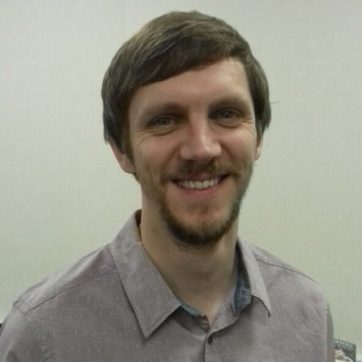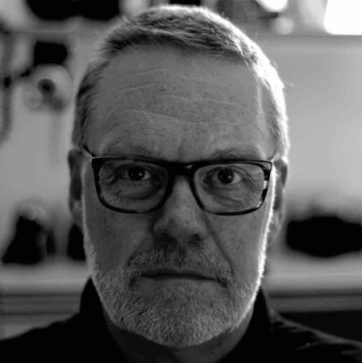Aya Tanaka,Technology & Engineering Center - SHISEIDO Co., Ltd.

Particleworks
EnginSoft are UK distributors for Particleworks, an advanced mesh-free CFD solution for complex
and resource demanding designs.
Contact:
EnginSoft are engineering consultants with more than 30 years expertise in Complex Simulation specialising in Design Optimisation & Integration throughout the complete design & development process. We are dedicated to helping you improve competitiveness and reliability in product and process development. EnginSoft’s experts help you understand the full implications of your part variation on your 3D assembly performance, ensuring a robust 'right first time' design process.

David Percival
ESUK in-house Particleworks Technical Expert: 4+ years experience in CFD, Master’s Degree in Mathematics specialising in Fluid Dynamics.

Massimo Galbiati
Global lead for Particleworks within EnginSoft: 20+ years experience in CFD, Master’s Degree in Engineering of Environment

Bipin Patel
30+ years experience in Automotive/CAE, HND, MSc – Computer Aided Engineering

John Barnes
Head of Engineering and Technology: 18+ years experience in Automotive/CAE, BEng – Automotive Engineering

Steve Lucas
Co-Founder and Operations Director: 30+ years experience in Automotive/CAE, MSc, BEng – Engineering Science and Industrial Management

About EnginSoft
EnginSoft are engineering consultants with more than 30 years of experience as CAE consultants addressing customer challenges throughout the design & development process.
Contact
The Venture Centre
Sir William Lyons Rd
Coventry
CV4 7EZ
+44 (0)2476 997160
uk@enginsoft.com


